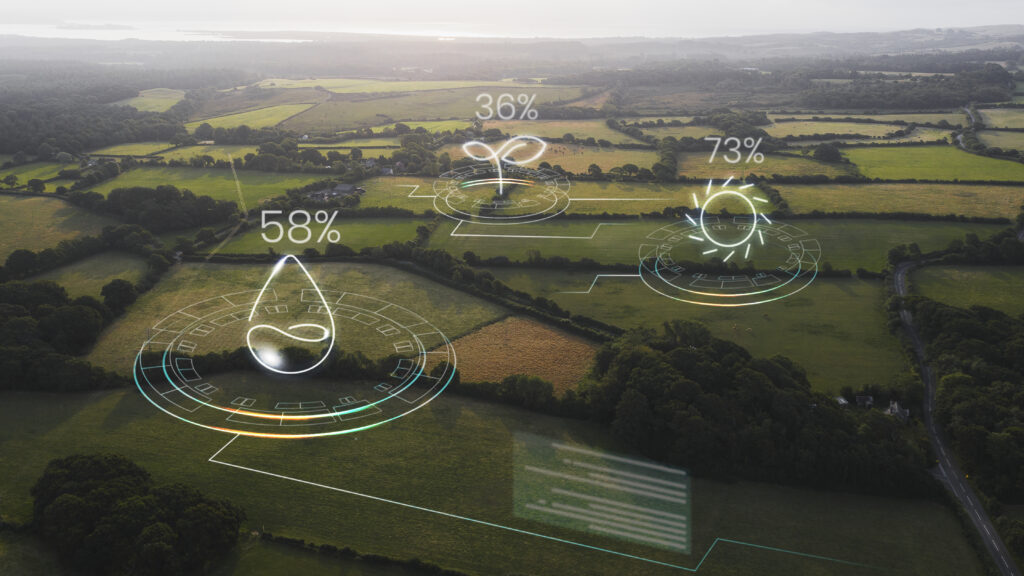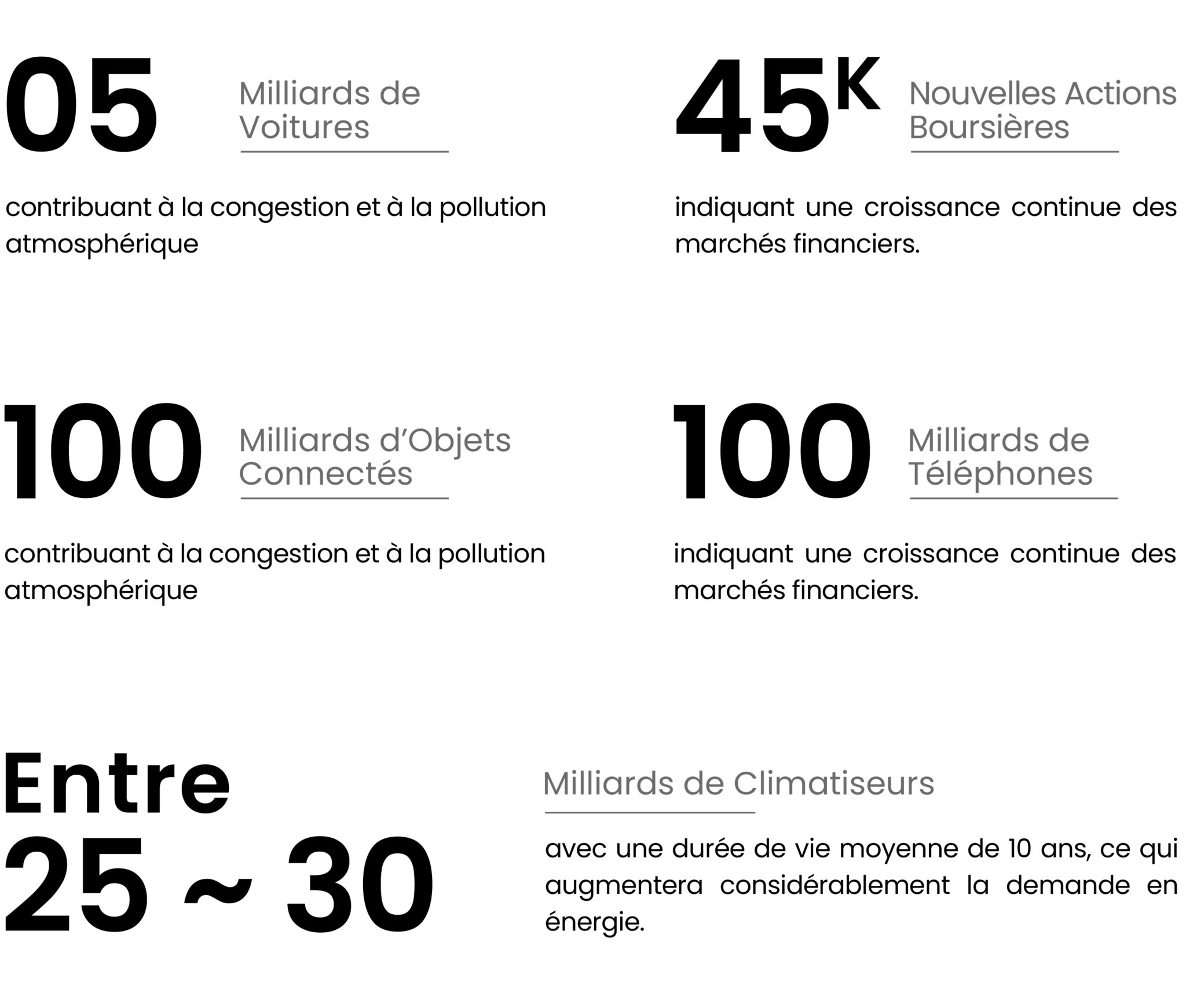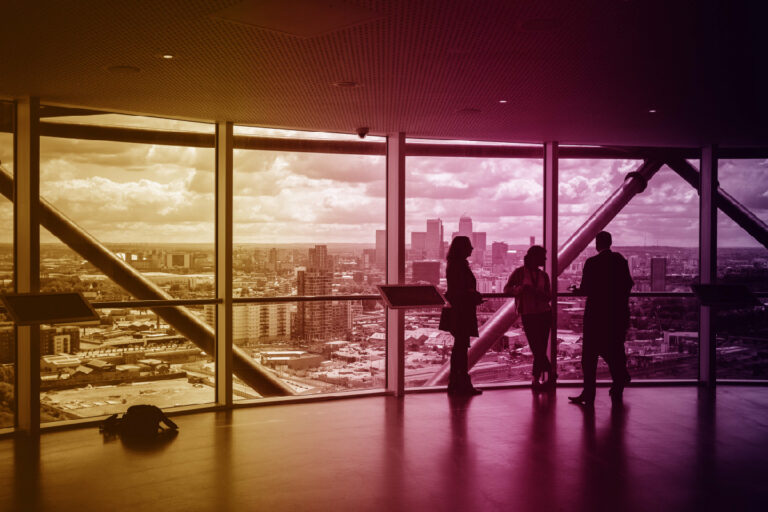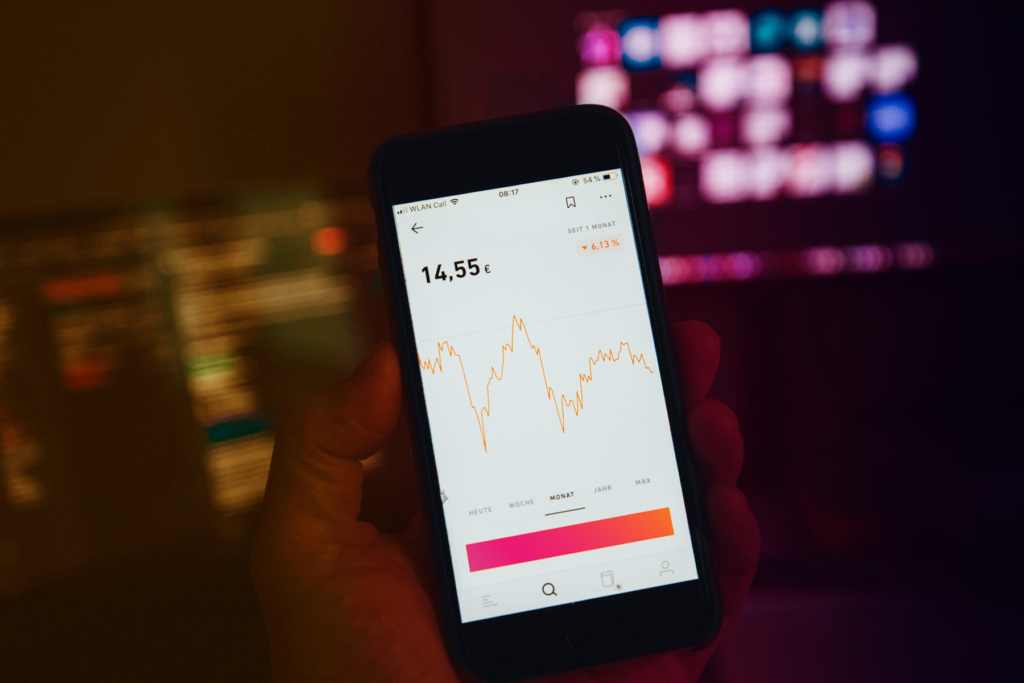The Paradoxes of an Overconsumption World
50% of global CO2 emissions are generated by the products of only 100 multinational corporations. Ironically, these same companies proudly display Corporate Social Responsibility (CSR) logos on their websites while launching marketing campaigns encouraging us to protect the planet.

Projected Production by 2050 is Staggering
Carbon emission disparities are also evident on an individual scale. The lifestyle of the eight richest billionaires in the world generates as much CO2 as that of the billion poorest people. Additionally, 2,700 billionaires hold more than 60% of global wealth, exacerbating environmental inequality.
According to the UNCTAD (United Nations Conference on Trade and Development), global freight transport is expected to reach 250 billion ton-kilometers per year by 2050. This means that over 5,000 billion tons of goods will be transported and resources consumed between 2030 and 2050.
Worldwide rail traffic is expected to multiply by five, putting more pressure on existing infrastructures.
The total projected energy capacity in 2050 will be twice the current global capacity, reaching 27,000 billion tons of oil equivalent per year. Half of this production is supposed to come from renewable sources, even though current global energy is 84% non-renewable.
To achieve these astronomical figures, the global industry would need the resources equivalent to 3 to 4 Earths every year. It’s time for the world to ask the right questions if we want to find the right solutions!

The Digital Sector: Growth and Contradictions
Today, the digital sector causes the greatest energy and resource waste in human history, with behavior aberrations beyond comprehension.
Did you know that, on average, a cat video is stored on 6 to 8 servers to ensure 24/7 accessibility worldwide and remains on these servers indefinitely for years, even if no one watches it?
The data servers storing this video remain operational day and night, even in extreme heat, with average activity rates between 40 to 60%. Some of these data centers, consuming several million cubic meters of water per month for cooling, are located in countries where over 60% of the population lacks access to clean water, like in Chile or Africa.
All infrastructure around this cat video will be oversized, multiplied, clustered, and backed up “just in case” a rare and occasional connection peak causes an unacceptable disaster, such as a slow loading time for this video.
A large part of the digital footprint is due to video streaming, with 25% of this streaming generated by adult content (now in 4K and 8K, tomorrow in 12K) and 25% for videos from social networks, like our cat video!
Today, 2 billion people worldwide lack access to clean water, and 700 million Africans lack access to electricity, while the global neoliberal system based on suicidal and devastating overconsumption generates a global digital environmental footprint of approximately:
- 6,800 TWh of primary energy (EP)
- 1,400 million tons of greenhouse gases (GHG)
- 0.2% of global freshwater consumption, or 100 million cubic meters per year
- 22 million tons of antimony (ADP)
- 223 million tons of resources (mass), equivalent to 179 million cars of 1.25 tons
- 1,500 TWh of consumed electricity.
Like the Hummingbird, We Do Our Part
Although we are a young company, established in 2023 with fewer than 50 employees, the question of our Corporate Social Responsibility (CSR) naturally arose from our inception. The key question we ask ourselves is:
How do we align our civic convictions with our professions and practices, while operating in a sector responsible for one of the greatest energy and ecological disasters in human history?
- We offer our clients more sustainable digital solutions, especially regarding data centers.
- We raise awareness among our employees about the environmental impact of the digital industry.
- We convey our messages in conferences, particularly in universities.
- We publish articles in the media based on our convictions, offering constructive proposals.
- We reject missions that, in our opinion, are not ethical, especially in the fields of artificial intelligence and data protection.
- We partner with data centers that have implemented relevant CSR strategies.
- Our business model is based on remote work, and our air travel is limited to rare exceptions.
- We plan to join the United Nations Global Compact initiative in 2024.
- In Tunisia, we support projects and foundations that share our convictions.
Like the hummingbird, we do our part and set an example.
By embracing this vision, we aim to strengthen our commitment to acting responsibly and aligning our operations and strategy with our core values. This will also allow us to give our messages and actions a universally relevant meaning.
Olivier Taieb – Founder Partner











